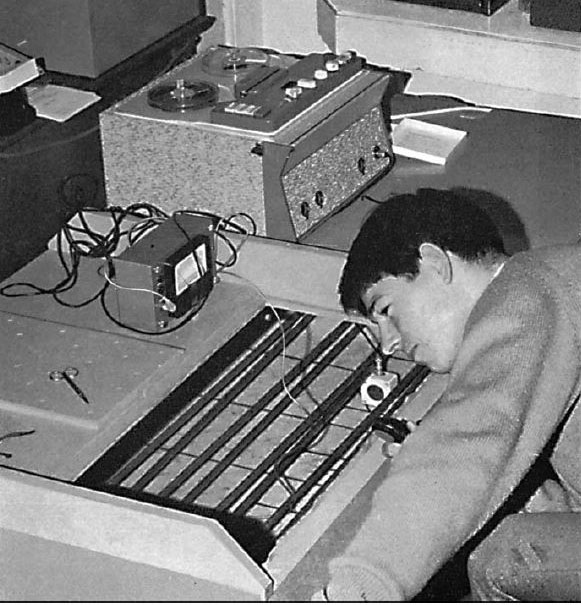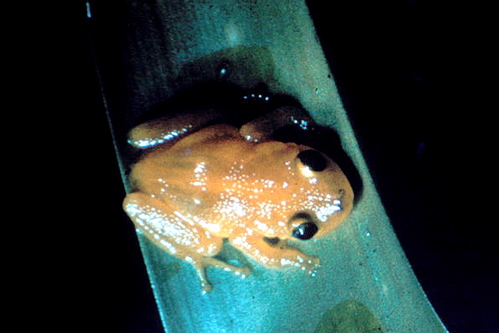Deadline for all materials (application & two letters): January 5, 2026

The ASN Early Career Investigator Award honors outstanding promise and accomplishments of early-career investigators who conduct integrative work in the fields of Ecology, Evolutionary Biology, Behavioral Ecology, and Genetics. Applicants working in any of these fields are encouraged to apply.
The award honors outstanding promise and accomplishments of early career investigators (3 years post-PhD, or in the final year of their PhD) who conduct integrative work in ecology, evolution, behavioral ecology, and genetics (see note below*). The award was established in 1984 to recognize exceptional work by investigators who received their doctorates in the three years preceding the application deadline, or who are in their final year of graduate school. The award was established in memory of Jasper Loftus-Hills (1946-1974), an Australian biologist of exceptional promise who died tragically during the course of fieldwork three years after receiving his degree.
Winners of this award will present a research paper in the Early Career Investigator’s Symposium at the ASN annual meeting and receive a $700 prize, a travel allowance of $700, cost of registration for the meetings, and a supplement of $500 in case of intercontinental travel. Four awards are made annually. Recipients need not be members of the Society.
In order to apply for this award, applicants should go to this Google form, where they will be asked to answer a few questions and upload their application (see note below**). The application should consist of one PDF, with the following (in this exact order):
- CV (no page limit)
- Research statement (3 page limit, including figures but excluding citations, Arial 11pt or Times New Roman 12pt)
- 3 of your published studies
Additionally, two letters by individuals familiar with the applicant’s work should be uploaded by referees to this Google form (again, see note below**). Applicants are responsible for ensuring their letter writers submit their letters before the deadline (this can be done before submitting an application), as applications will not be considered complete without these two letters.
* The standard timeframe covers anyone who graduated in 2023, 2024, or 2025, or who plans to defend in 2026. Time since PhD degree can be extended by 1 year for each child born or adopted during this period if the applicant was a primary care giver. Other forms of exceptional care giving responsibility (e.g. partner, spouse, aged parent, etc.) will be considered on a case-by-case basis.
**Applicants and letter writers will be required to sign into an account registered with Google (does not have to be a Gmail address) to upload their applications and letters, respectively. If you or your letter writers do not have a google account, please send materials directly to Jean-Philippe Gibert.
